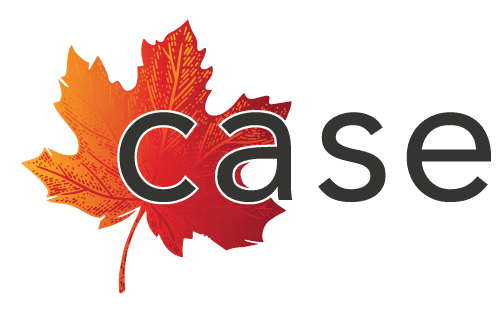Supporting DEI from Within
Supporting DEI from Within
Organizations need to plan ahead to succeed. Organizations also need practical ways to implement plans, changes, and cultural shifts.
Starting with four simple foundational practices, diversity, equity, and inclusion (DEI) culture can be built successfully and sustainably.
1. Top-Down Commitment
Without commitment from the executive level, cultural foundations can’t be built. It’s essential to recognize that the speed of the leader is reflected in the speed of the team. Cultural reinforcement must occur through a combination of actions and words by the E and C Suites (executives, top managers, CEO, CFO, COO).
Otherwise, the organization will find their DEI process, policy, and actions will fall to those champions who already value diversity, equity, and inclusion. While they may be committed and efficient, the champions’ influence is not enough to carry a culture organization-wide. Their impact will be positive but limited. Top-down influence and championship are essential.
2. Human-Centred Design
Policy, procedure, and process development will always yield more sustainable results when achieved through human-centred design.
By consulting with the end users or your intended customers and stakeholders, you can make the most effective changes to ensure a relevant support model. The time spent in planning and consultation is time saved in execution and fixing a product that doesn’t reflect needs.
3. Strategic Human Resources
A strategic human resources practice is essential to successfully supporting the individuals within any organization. Beyond a cost centre, human resources departments should have the talent and capacity to advise on organizational DEI direction from a strategic vantage point.
DEI touches on every aspect of an employee’s experience, from recruitment to promotion. The development and management of meaningful employee experiences is core to the sustainability of any organization.
Regardless of organizational size, there should be a human focus around DEI from at least one people leader. Focusing on supporting your team members pays back in increased revenue, engagement, customer satisfaction, and positive branding.

4. Organizational Humility
An organization’s ability to honestly and humbly reflect is essential in the DEI journey. Only by establishing an honest view of where an organization is, where it needs to go, and how it can navigate the journey can there be success in becoming more inclusive.
Organizations need humility to be realistic in their evaluation and planning. Being open to receiving feedback and acknowledging areas of improvement allow for the clearest path to positive change.
Organizations can take small, dedicated steps to build a strong foundation as they seek to be more inclusive in their practices. Just like financial or operational planning, inclusion requires focus and prioritization for an organization to achieve the best outcomes.

